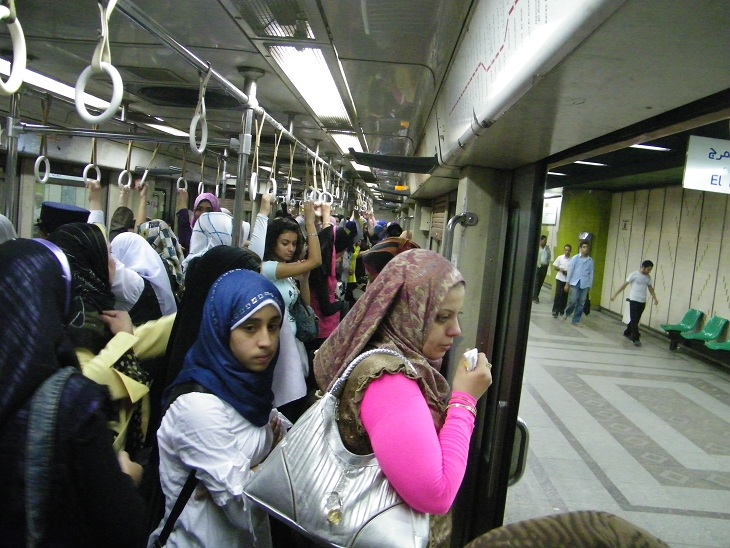By Mohamed Ahmed The new executive director of the Long Live Egypt Fund, Mohamed Ashmawy, affirmed the formulation of the fund’s investment policy is almost complete, set to be announced in October. During a meeting held by the Egyptian Credit & Risk Association (ECRA) last week, Ashmawy said that President Abdel Fattah Al-Sisi seeks to increase the size of the fund to EGP 100bn, to be a generations fund, like other regional and international sovereign funds. Fund’s investment policies Ashmawy explained that the investment principles of the fund include allocating 60% of the fund for investment projects, in a bid to secure ongoing returns for the fund, in addition to donations, while 40% of its resources will be allocated for development projects. Ashmawy added that the Long live Egypt Company, scheduled to be launched before the end of October, will establish investment projects; including export projects and labour-intensive projects, whether through small and medium-sized enterprises (SMEs), or in partnership with local or international entities. The return on capital of the company is expected to reach EGP 5bn, while paid money is at EGP 2bn. Ashmawy stressed that the fund rules out investing in projects that rely on advanced technological systems because they offer few job opportunities. Partnership with private sector He indicated that the fund aims for a partnership with the private sector on the establishment of traditional projects, by providing small shares ranging between 10% and 20%, while the fund will largely invest in projects that do not attract the private sector such as waste recycling, to encourage companies to invest in this field in the future. Fund’s mechanisms Concerning the mechanisms of the fund, Ashmawy explained that they depend on the launching of major investment committees for targeted sectors, and the number of those who manage them will not exceed 25 employees who will be in charge of coordination with consultancy firms and ministries. “The fund addressed several banks to participate in the establishment of an investment committee to present and discuss projects and investment opportunities. The committee already includes the heads of the National Bank of Egypt (NBE), Banque Misr and the Arab African International Bank,” Ashmawy said. A package of new projects Ashmawy pointed out that several consultancy firms appointed by the Egyptian government have introduced investment projects in the Suez Canal Axis Development project, and in the renewable energy field. On the other hand, he said the fund is currently working on preparing for the implementation of a huge project in the petrochemicals sector, in coordination with the premiership. He added that the project includes three governorates, one of which is Kafr El-Sheikh in Metoubes city, in which 60 small factories would be established on areas ranging from 60 and 80 metres, specialised in manufacturing complementary parts of various products, such as caps for plastic bottles. Ashmawy said the Long Live Egypt Fund would rely on the Social Fund for Development and Nasser Social Bank as executive arms for the fund. He added that the Long Live Egypt Fund is coordinating with the Ministry of Social Solidarity to reconstruct Nasser Social Bank. The plan depends on developing the banks’ technological system and training the employees, to convert the bank into bank for low-income people, offering financing systems for the projects the fund will announce, such as offering cars to citizens. Developmental projects As for the developmental role of the fund, Ashmawy explained that it will play a major role in the Sustainable Development Plan for 2015-2030 that will be announced by the Ministry of Planning before the end of the year, focusing on the agriculture, logistics services and ports sectors. “The fund liaised with the governors and the Ministry of Local Development to prepare a map for the halted projects or the projects intended to be launched in order to determine how the Long Live Egypt would cooperate in executing them,” Ashmawy said. He noted that the fund’s role will not contradict the government’s role, but will complement it through helping in executing the projects aimed at serving citizens. He added that Egypt needs tens of funds and developmental companies, such as Ayaady company. As for the initiative to cure hepatitis-C, Ashmawy said the fund has taken important steps in the initiative, including reopening the largest virus research centre in Cairo University, at a cost of EGP 50m. In parallel, the German embassy adopted financing to reconstruct the Theodor Bilharz Research Institute to join the initiative. He added that the fund will conduct deals to import the medicines directly, whereby it received an offer from a foreign pharmaceutical company to provide the treatment course for hepatitis-C virus for $51, in comparison to its $16,600 cost before announcing the initiative. He noted that the fund stipulated that the company establish a scientific centre to test the medicines periodically if an agreement is reached with the company. Ashmawy added that the initiative will not be limited to the treatment stage only, but will include training citizens after recovery on some skills to allow them to seek suitable employment, in addition to adding senior citizens to the social solidarity network.




